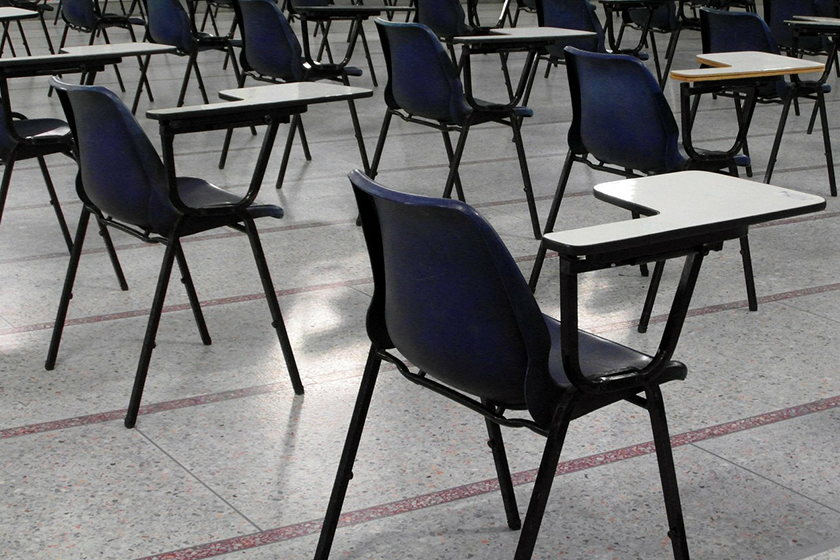Faculty in the Media
In the wake of a leaked Supreme Court draft opinion indicating that the historic Roe v. Wade ruling could be overturned, Temple Law faculty and staff lend their expertise to national media conversations surrounding this unprecedented development. Interim Dean Rachel Rebouché | Rolling Stone | If the leaked opinion overturning Roe becomes law, it “will have bent the moral arc of the universe backward,” writes interim Dean Rachel Rebouché and co-authors David S. Cohen and Greer Donley in Rolling Stone. Click to read. Interim Dean Rachel Rebouché | Bloomberg Law | Justice Alito’s draft opinion in Dobbs would subject laws regulating abortion to rational basis review. Interim Dean Rachel Rebouché explains what that means and how it might apply. Click to read. Interim Dean Rachel Rebouché | Washington Examiner | Returning abortion regulation to the states will invite laws that disrupt longstanding interstate cooperation, says interim Dean Rachel Rebouché. Click to read. Professor Craig Green | The Philadelphia Inquirer | Justice Alito’s draft opinion in Dobbs may have roots in his very first opinion, a …










